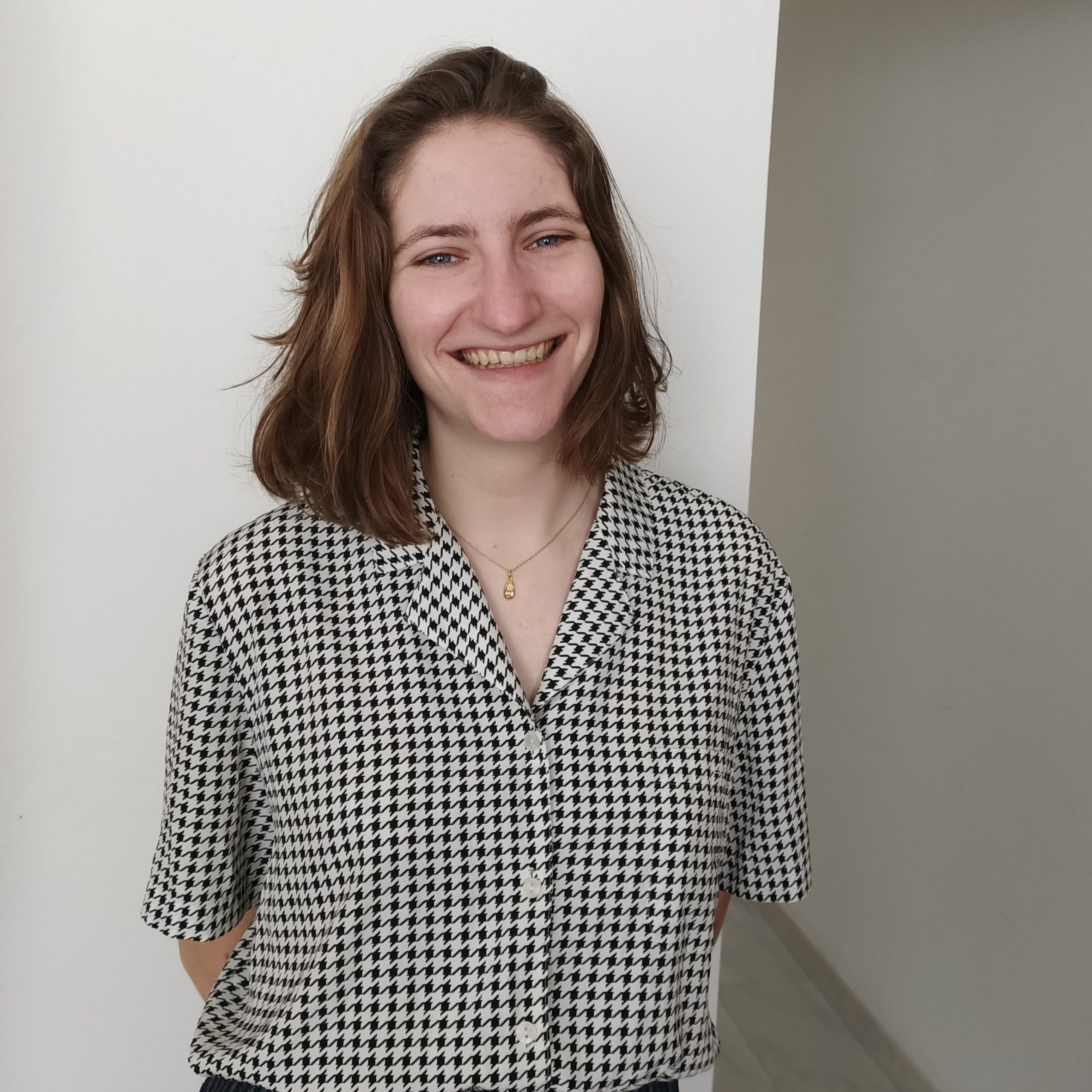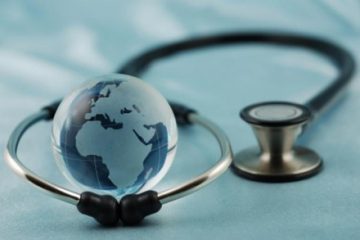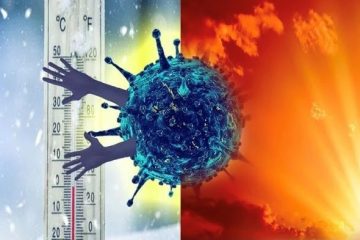By February 2021, more than 100 million cases and 2 million deaths from COVID-19 have been confirmed since the beginning of the pandemic. While only about 2% of these cases have been reported in Africa, the Americas are leading the global ranking. With this scene, countries have rushed to contribute in a never-before-seen global effort to develop an effective vaccine. In less than a year, more than 70 vaccines were in clinical trials on humans, and at least seven have been approved for its use.
The initiation of vaccination campaigns in many countries has been a turning point in the fight against the COVID-19 pandemic. It has already shown a reduction of COVID-19-related hospitalizations and outbreaks in elderly care settings. However, no one is safe if not everybody is protected against SARS-CoV-2. Vaccines need to be equitably distributed in all countries and for everyone.
In this sense, not only COVID-19 confirmed cases are unequally distributed across the globe, but also the access to the vaccine.
Barriers to equal access to COVID-19 vaccines are diverse
Obstacles to this access include logistical problems, as some of the vaccines that are currently available must be stored at very low temperatures in order to remain stable. This, which is even a problem for developed countries with more developed logistic chains, makes the distribution impossible for countries that cannot guarantee the cold chain and thus, cannot guarantee the quality of the vaccination process. Although, the vaccine developed by AstraZeneca can be stored at -2ºC, which could help simplify the distribution of vaccines to countries with more rudimentary logistic chains.
Other obstacles that can prevent low and middle-income countries (LMIC) from accessing the vaccine are the economic barriers, which are probably the most difficult to confront. Some high-income countries, such as the United States or Canada, have pre-bought enough doses to vaccinate their entire population several times over. On the contrary, some LMIC have not been able to purchase a single dose.
High-income countries’ governments are under great pressure to ensure vaccine doses for all their citizens, which could mean supply shortfalls in many other countries. COVAX, was launched by the Global Alliance for Vaccines and Immunizations (GAVI), the Coalition for Epidemic Preparedness Innovations (CEPI) and the World Health Organization (WHO). Its objective is to vaccinate at least 20% of every country population (far below the 70% herd immunity that is estimated to be needed in order to stop community transmission). Further, it also aims to provide at least one billion doses of COVID-19 vaccine to 92 countries by the end of 2021, with a goal to make vaccines accessible to LMIC.
Why is it important to guarantee access to vaccines for all countries, regardless their income?
Ours is a globalized world, where countries do not act as independent entities, but rather are highly interconnected. Firstly, from an epidemiological point of view, as long as some countries continue to have COVID-19 outbreaks, the virus will keep spreading and re-entering countries. This will mean causing new outbreaks and increasing the number of new SARS-CoV-2 variants or strains.
Secondly, from an economic point of view, no country’s economy is isolated. Even if advanced nations reach total vaccination, their economy will be dependent on other countries’ economy. In this regard, ‘‘vaccine nationalism” (whereby a country put their vaccine interests over the rest of countries) is expected to have an impact of more than $1 trillion per year.
Low prices and easy distribution are characteristics behind the most successful vaccines of all time: polio and smallpox.
So, what can be done? Will advocacy be enough to increase access to vaccines for all countries?
So far, social pressure has been able to influence big pharma. For instance, some laboratories such as AstraZeneca have announced that they will not make an economic profit out of their vaccines for the duration of the pandemic. In addition to this, by 24th February 2021, the first 600,000 vaccines of AstraZeneca had been sent to Accra, the capital of Ghana, as part of the COVAX effort. Further efforts need to be put in order to guarantee that COVID-19 vaccines arrive to every single part of the world.
As Melinda Gates stated: “this pandemic has magnified every existing inequality in our society – like systemic racism, gender inequality, and poverty”. It is thus necessary that country inequalities are tackled in order to guarantee a fair access to COVID-19 vaccine and to not leave anyone behind. It seems clear that without an equal distribution of vaccines to all the countries, there are no real winners.




0 Comments